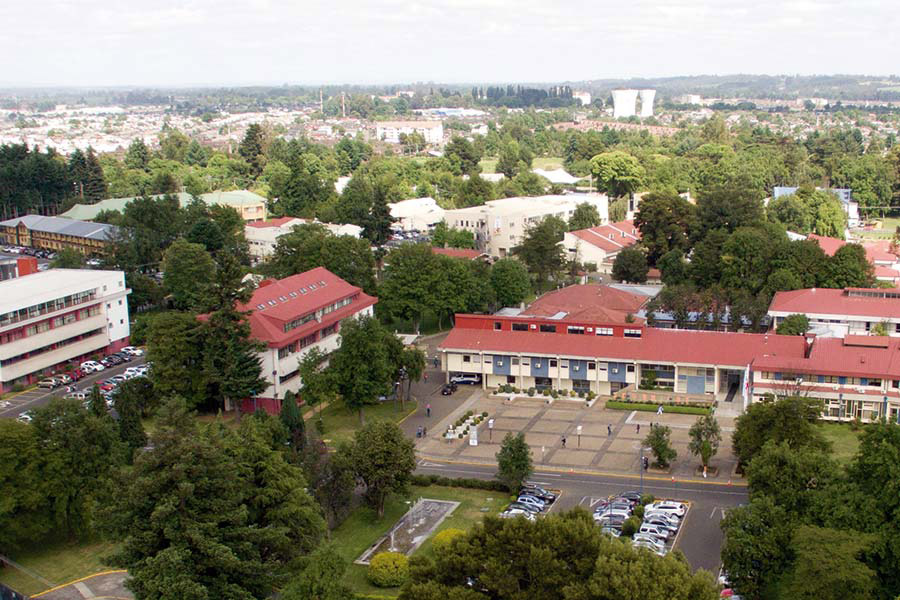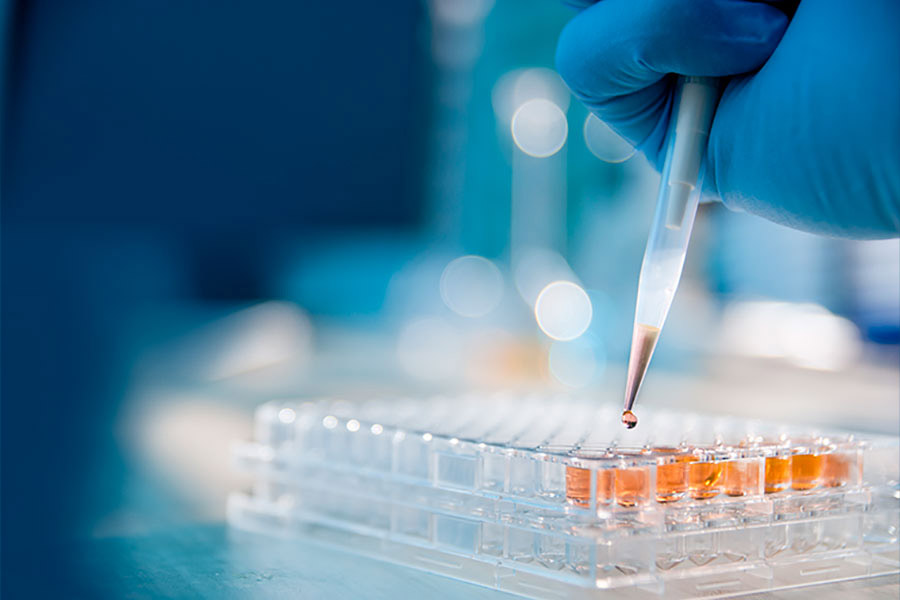|
The collaboration is based on a R & D Agreement to explore the scientific potential of marine micro-organisms in the southern macro-zone of Chile and is extended for three years, expecting auspicious results. |
The main focus of this ambitious R & D Agreement between the Universidad de La Frontera (UFRO) and the Canadian company Mara Renewables (Mara) is the biodiversity and scientific potential of marine micro-organisms in the southern macro-zone of Chile. Within the framework of this strategic alliance, the company's Director for Research and Development, Dr. Roberto Armenta, visited UFRO, where he had important meetings with the Vice-Rector of Research and Graduate Studies, Dr. Renato Hunter, and the Director of Research and Technology Transfer, Franklin Valdebenito, among other university authorities. “We are working together on the discovery of marine microorganisms. They are important because they produce certain compounds, in this case lipids, fats that are relevant to human nutrition and have beneficial properties for our health. This partnership is important because we will be able to have access to certain microorganisms from this part of the world,” Dr. Roberto Armenta explained. The person in charge at UFRO in this collaboration agreement that will last for three years is Dr. Carolina Shene. “During this phase we are investigating and isolating different strains that could be of interest for Mara, while they will carry out an analysis in Canada, in order to determine if these strains are useful for the research they want to carry out or not,” Dr. Shene explained. Mara develops research for the food industry, focusing on the production of algae derived DHA-rich omega-3 oil for nutrition applications and naturally-sourced products. “This agreement is very important, because there are not many companies that work with this type of microorganisms. It is an area of highly specialized knowledge and this part of the world has a biodiversity with great potential. The main strains of these microorganisms will be identified and this information will be passed on to Mara, in order to determine if they can be produced on a larger scale, since we have the capacity to grow them on a larger scale, and to asses if their production is cost-effective,” Dr. Armenta pointed out. The R & D Agreement foresees that in the next few months they will be working on issues directly related to technology transfer, since the idea is to visualize a patent for an invention that should be jointly protected.
Written by: UFRO Communications Office
|






